Alexei Navalny was in defiant mood last Tuesday, as he waited for his inevitable sentence. He made a heart gesture for his wife, Yulia, who was sitting at the back of Moscow’s city courtroom. Navalny smiled and shrugged his shoulders. “Don’t be sad! Everything is going to be all right,” he yelled at her. She waved back. Meanwhile, a state prosecutor droned on.
Last week’s sham trial was the latest episode in an epic stand-off between two men for a nation’s future. One is the man in the dock, Russia’s foremost opposition leader, and now a global figure, likened by some to Nelson Mandela. The other is the country’s president of two decades, a former KGB colonel who appears determined to stay in power and to smash a popular revolt against him.
On the face of things, the struggle ended last week with a decisive victory for Vladimir Putin. Navalny was sentenced to two years and eight months in a penal colony. On Friday, he was in court again charged with insulting a war veteran. More criminal cases are likely, with Navalny now in effect a hostage of Putin’s authoritarian regime.
But the Kremlin has been unable to do what it wants most: to break Navalny. His decision to return and to face prison refutes Putin’s thesis on Russian politics, that anyone who wants to remove him is corrupt or too weak to be trusted. Navalny’s principled stand has left Putin looking small, grasping and ridiculous by contrast. Not exactly Vladimir the Great, as Navalny said in a speech from inside his aquarium-like glass cage, but “Vladimir the Poisoner of Underpants”.
For years, the Kremlin has vacillated about what to do with Navalny, whose anti-corruption videos and investigative exposes have given him a mass following. Ignore, jail, or use other, more shadowy methods? The obvious ones didn’t work. He shrugged off repeated threats and arrests. Finally, Navalny alleges, an exasperated Putin gave an order to have him silenced.
Last summer, an undercover team from Russia’s FSB spy agency poisoned Navalny while he was touring Siberia. They applied the nerve agent novichok – used against Sergei and Yulia Skripal in Salisbury – to the inner seams of Navalny’s underpants. Navalny survived thanks to a mixture of luck and timely hospital treatment. He even managed to expose his FSB assassins.
The Kremlin apparently calculated that Navalny would not dare to return home from Berlin, where he recuperated. On 17 January, however, Navalny flew back to Moscow, in a direct challenge to Putin. His detention on arrival triggered street protests all across Russia – in 180 towns and cities, from occupied Crimea to Vladivostok on the Pacific. In Yakutsk protesters gathered in temperatures of -50C.
Tens of thousands of Russians have rallied in support of Navalny, seeing in him the best prospect of change following a period of declining living standards, increasingly blatant repression and top-level thieving.
This backing is by no means universal. But it amounts to the most serious challenge yet to Putin, who appears increasingly out of touch and cut off.
“Navalny is probably not a saintly person,” Vladislav, a 24-year-old club sound engineer said, as he protested last month on Moscow’s Pushkin Square. “But compared to what’s happening now, to what’s happening in the administrations of cities across the country, to the stealing, it would be a lot better if he was in charge.” Nearby, other young demonstrators stood ankle deep in snow, many smoking e-cigarettes and joking with friends.
“Nobody should be in jail for his political ideas,” Nastya, a 22-year-old protester with bright pink hair, added, as riot police surged into the crowd and carted off several students. “The main thing is not to be afraid and to come out. Of course I’m scared. I’m scared of being arrested. I’d be letting down a lot of people around me. But being scared is worse.”
The authorities have responded to what they say are “illegal” gatherings with batons and violence. Riot police have arrested well over 10,000 people. Moscow detention centres are overflowing; with too few cells available demonstrators are being held for hours in freezing police vans. Journalists have been targeted. Some have been beaten. A prominent editor was jailed for 25 days just for retweeting a meme.
In his speech to the court Navalny pointed out the absurdity of the Kremlin’s case against him. (He is accused, among other violations, of being slow to inform parole officers that he was in a coma in Germany.) Navalny said he was behind bars because of “one man’s hatred and fear”: “I mortally offended him by surviving an attempt at my life he ordered.” Putin – or “grand-dad”, as Navalny likes to call him – was a “thieving little man in a bunker”.
A lawyer by training, and a fan of the cartoon sitcom Rick and Morty, Navalny comes from a different world than the grey bureaucratic realm inhabited by Putin and his KGB friends. The Russian state has powerful tools at its disposal: a large, loyal security apparatus; compliant judges and prosecutors; and glossy state television networks that reliably serve up anti-Navalny smears and propaganda.
But Navalny has weapons of his own. One is humour: an unrivalled ability to mock the country’s corrupt neo-feudal rulers in ways that ordinary Russians can understand. No one quite gets under Putin’s skin the way Navalny does. The other is a lack of fear: a David versus Goliath bravery, according to Vladimir Ashurkov, the London-based director of Navalny’s anti-corruption foundation.
“Navalny is in a different dimension to Putin,” Ashurkov explained. “I’m amazed at the breadth of his interests. He dabbles in many things. He used to hate jogging but took it up and routinely runs 5-10 kilometres. He taught himself Python [progamming]. He likes good TV. He’s a fun guy.” Asked how Navalny would bear up in prison, he said: “He’s a tough cookie.”
Leonid Volkov, a Navalny aide based in Lithuania, said Navalny’s determination to face down Putin was “quite rational”. “He’s always capable of seeing the big picture. He knows the Russian opposition is historically destined to win. We are younger, smarter than they are. Our movement is based on truth and human rights, and the proposition that two plus two equals four.”
Volkov said the latest revolt differs from the last big protests of 2011-12, triggered by election fraud. Navalny addressed rallies as an opposition activist. The latest demonstrations feature all social groups; outside Moscow police are unable to cope with the numbers, he said. “Maybe we have to wait. It can happen that Putin will crawl on for another 10 years. But at the end of the day we will prevail,” he predicted. Volkov has now halted the protests until spring, allowing the opposition a chance to regroup and to focus on upcoming elections.
Born in 1976, Navalny is from a generation that grew up in the USSR but was not defined by it. His father, a communist, was an officer in the Soviet missiles forces; Navalny spent his early years on military bases. His grandmother fought in the great patriotic war – as Russians call the second world war – and wrote her name on the wall of the liberated Berlin Reichstag.
The family’s attitude towards Soviet power was ambiguous. His mother had a copy at home of Aleksandr Solzhenitsyn’s The Gulag Archipelago; his great-aunt was repressed and sent to the mining town of Vorkuta north of the Arctic circle. At the same time Navalny’s grandmother admired Stalin – describing him as “our everything”, because of his role in defeating Nazism.
It is tempting to compare Navalny to the dissidents and intellectuals of the 1970s who struggled against Leonid Brezhnev and Soviet stagnation. But instead of samizdat – swapped by hand and read in kitchens – Navalny has social media. His latest video on Putin’s secret Black Sea palace has clocked up almost 110 million views. A master of irony and rapier-like sarcasm, he has 2.5 million followers on Twitter.
Navalny first came to prominence as a blogger. He read law, took a course at Moscow’s financial academy and worked as a grassroots organiser for the liberal Yabloko faction. The party kicked him out after he marched in 2007 in Moscow with radical nationalists – a strategy, some think, to broaden the opposition movement’s support beyond a niche middle class.
“He represents a much more serious prospect of change than anything else we have seen in the 21st century,” David Clark, a former special adviser to the late foreign secretary, Robin Cook, suggested.
“He’s a right-wing populist with nationalist leanings. That’s precisely what makes him so dangerous to the Kremlin. It’s not easy to dismiss him as a western puppet. Navalny is an authentically Russian phenomenon.”
Navalny’s supporters disagree with the nationalist label. Volkov described Navalny’s politics as “centre-left”, and said attempts by the regime to portray him as a radical extremist were “horse-shit”. Navalny’s publicly expressed platform has moved toward that of a pro-European democrat – although. he has not renounced his earlier anti-migrant rhetoric. He has called for fair and transparent elections, an independent judiciary and a free media. And a minimum wage for all Russian citizens.
His biggest demand is an end to rampant state corruption, which has seen Putin’s entourage accumulate billions from strategic enterprises. In 2007 Navalny became a shareholder activist, buying stakes in murkily run state firms. He launched various platforms for online civic activism.
In 2013 he ran for mayor of Moscow, winning – despite the usual ballot rigging by the authorities – at least 27% of the vote. And the Kremlin is clearly determined to keep Navalny locked up beyond Duma elections this September. He was poisoned last year while campaigning for “smart voting”, urging Russians to back candidates opposing the ruling United Russia party. This spooked Putin’s administration – as did protests next door in Belarus.
Until recently Russia’s president refused to use Navalny’s name, preferring instead to call him “that gentleman” or “the patient in Berlin”.
Paradoxically, it is the Kremlin’s paranoid behaviour towards Navalny that has made him a household name. Other opposition leaders have been forced out of the country (the former oligarch Mikhail Khodorkovsky, now in London; the chess world champion Garry Kasparov, who is in Croatia). Or they have been murdered – the fate of Boris Nemtsov, shot dead outside the Kremlin in 2015. Navalny is the last man standing.
Will he be safe in prison? Nobody quite knows. Possibly even Putin has yet to decide. Navalny is grimly aware of the possibilities, pointing out last week that he is now in the hands of people who like smearing chemical weapons over everything. For the moment, the world is watching closely. The US president Joe Biden, and other western leaders, have demanded Navalny’s release.
Navalny’s fate depends on whether he can persuade enough Russians to overcome their fear and to keep protesting, in the face of batons and prison cells.
“The iron doors slam shut behind me with a deafening clang, but I feel like a free man,” he posted last week. “They can hold on to power only by relying on our fear. But we, having overcome fear, can free our homeland from a handful of occupying thieves.”
Luke Harding’s latest book, Shadow State: Murder, Mayhem and Russia’s Remaking of the West, is available from the Guardian bookshop


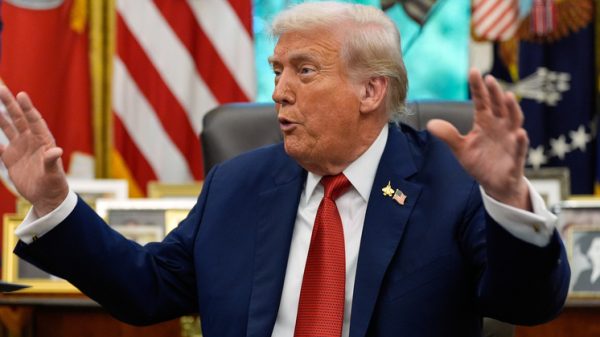




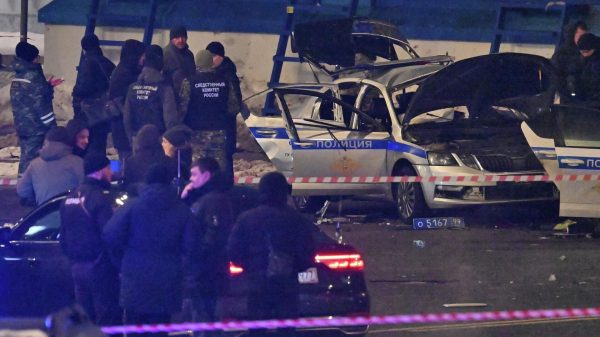
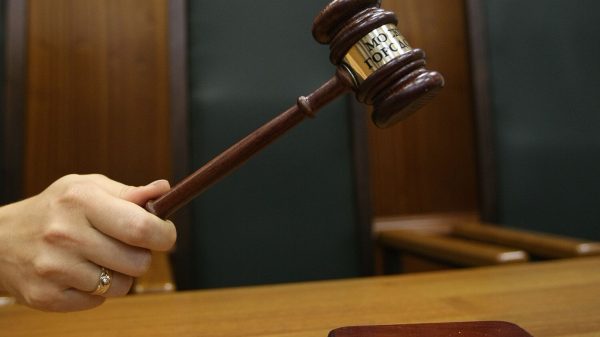
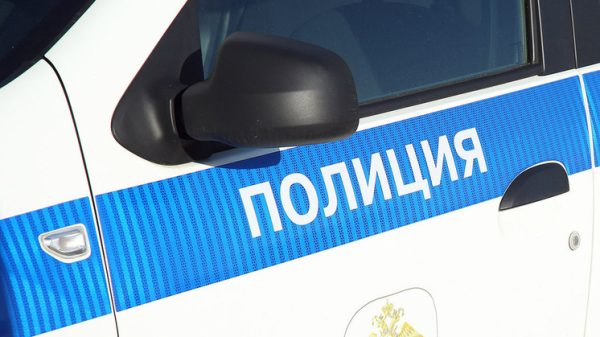
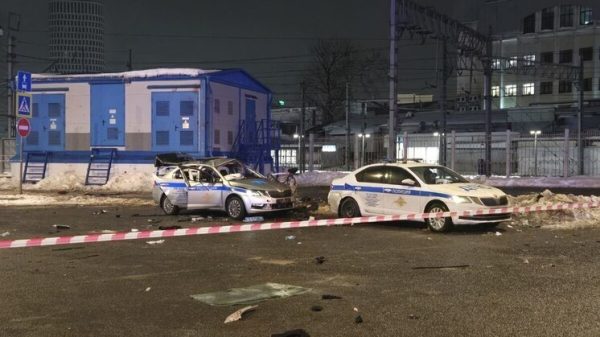






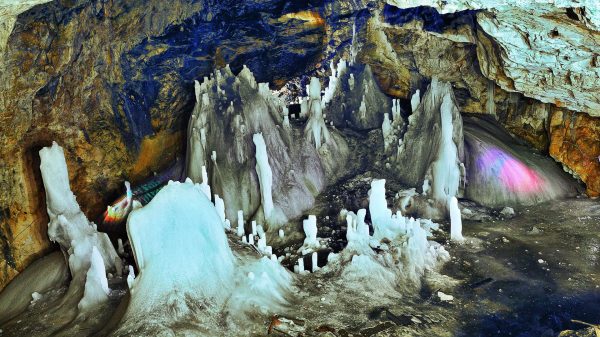

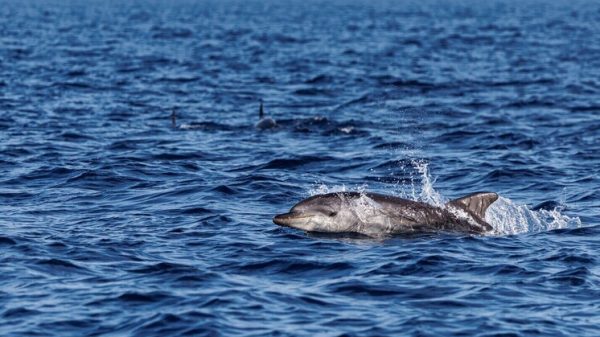

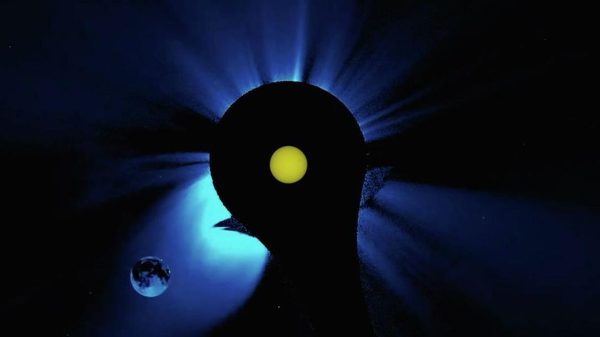










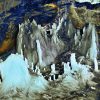



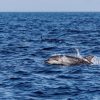

















Свежие комментарии